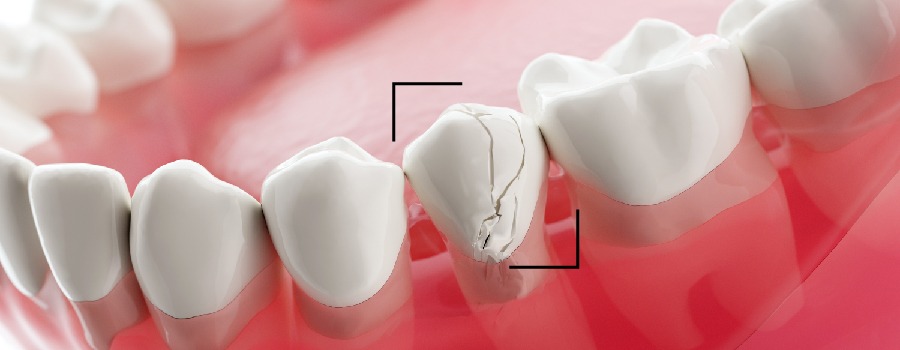
Overview of Dental Glue for Crowns
Dental glue for crowns is a critical component in the realm of dental restoration, providing the adhesive strength necessary to secure crowns onto abutment teeth effectively. Whether it’s for temporary or permanent crowns, the choice of dental glue can significantly impact the longevity and stability of the restoration. As patients seek reliable solutions to restore damaged or missing teeth, understanding the role of dental glue becomes paramount.
From temporary fixes to permanent solutions, the versatility and effectiveness of dental glue play a crucial role in ensuring successful dental procedures. In this article, we delve into the world of dental glue for crowns, exploring the different types, their applications, and the importance of choosing the right adhesive for optimal dental health and long-term results.
Temporary Dental Glue
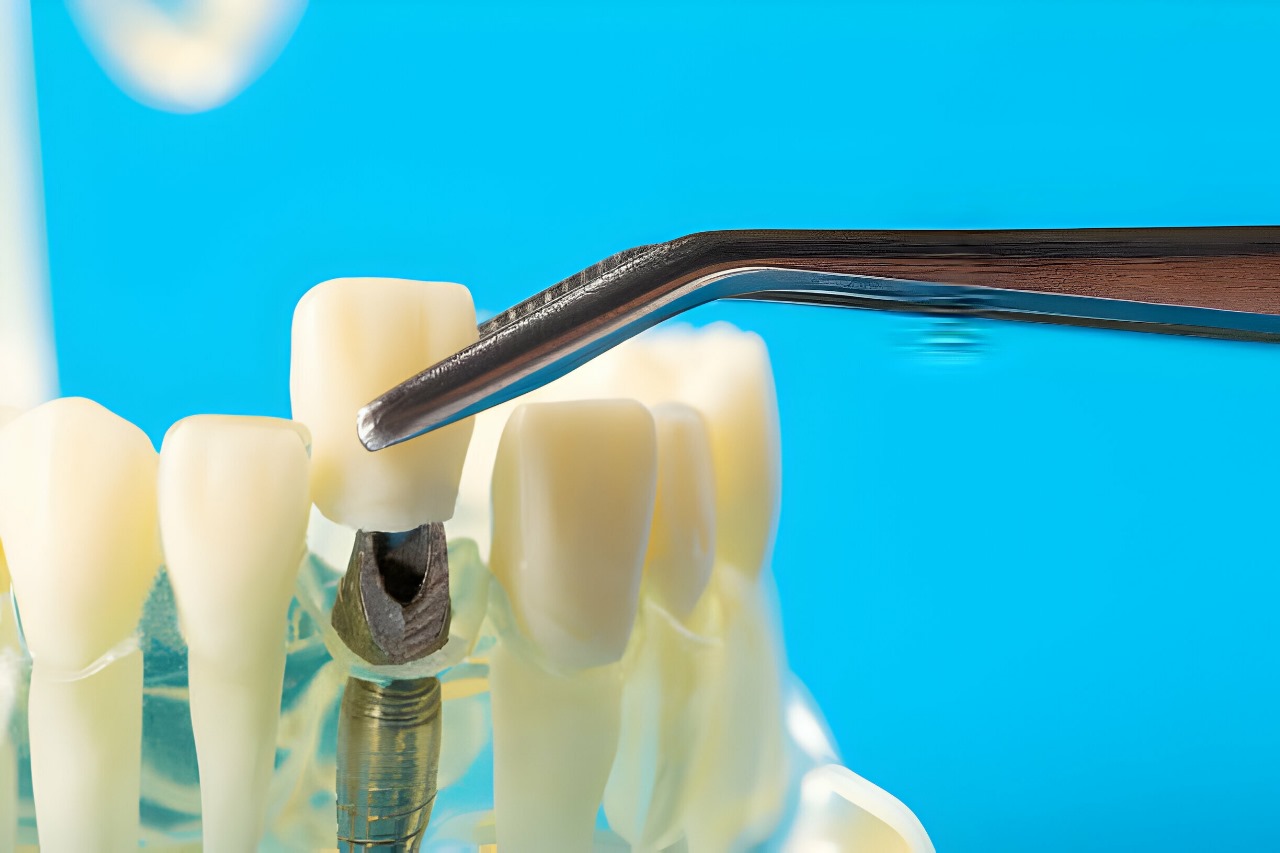
Temporary dental glue for crowns serves as a crucial stopgap solution while awaiting the placement of permanent crowns. This type of dental adhesive is specifically formulated to provide temporary adhesion between the crown and the abutment tooth. Typically composed of materials like calcium hydroxide and zinc oxide eugenol, temporary dental glue offers sufficient strength and stability for short-term use. However, it is important to note that temporary dental glue is not designed for long-term durability.
While it can effectively hold temporary crowns in place, it lacks the robustness and lasting bond provided by permanent dental glue. Therefore, it is essential to follow up with the placement of permanent crowns as soon as possible to ensure the longevity and stability of the dental restoration. Temporary dental glue plays a valuable role in bridging the gap between dental procedures, but it is ultimately temporary in nature and should be replaced with permanent adhesive for optimal results.
Permanent Dental Glue
Permanent dental glue for crowns is a fundamental aspect of dental restoration procedures, offering a secure and long-lasting bond between crowns and abutment teeth. This type of dental adhesive is designed to form a strong chemical bond that ensures the stability and durability of the crown over time. With various types available, such as glass ionomer, resin-based, and zinc phosphate, permanent dental glue provides options to suit different dental needs and preferences.
Unlike temporary glue, which is intended for short-term use, permanent dental glue offers superior strength and reliability, making it an essential component of successful dental restorations. By choosing the right permanent dental glue for crowns, patients can enjoy the confidence of knowing their dental restorations are securely in place, promoting optimal oral health and functionality for years to come.
Choosing The Right Glue in 2024
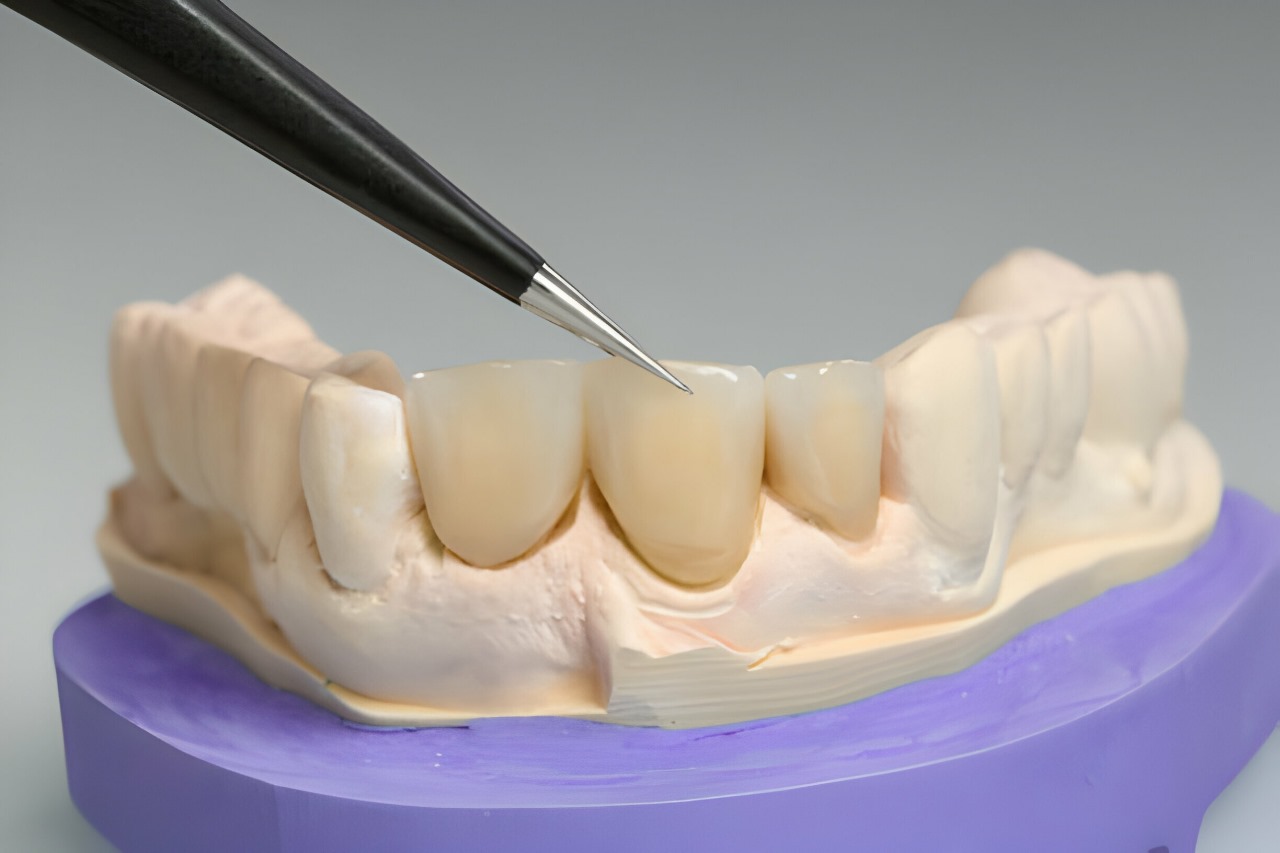
Choosing the right dental glue for crowns is paramount to the success of dental restorations. With various types available, including temporary and permanent options, selecting the appropriate adhesive can significantly impact the longevity and stability of the crown. Factors to consider when choosing dental glue include strength, compatibility with dental tissues, resistance to physical and chemical stimuli, and aesthetics.
Consulting with a dentist can help individuals make informed decisions based on their specific dental needs and preferences. Whether opting for temporary glue for short-term solutions or permanent adhesive for long-lasting durability, it’s essential to understand the differences between these options and their respective benefits. By choosing the right dental glue for crowns, patients can ensure their dental restorations remain securely in place, promoting optimal oral health and functionality for years to come.
Application Technique
The application technique for dental glue for crowns is a critical step in ensuring the success and longevity of dental restorations. Proper application requires meticulous attention to detail and adherence to specific guidelines. The process typically begins with the cleaning and disinfection of the crown and abutment tooth to remove any debris or bacteria. Dentists may use materials like cotton rolls or rubber dams to keep the area dry and free from moisture during the procedure.
The dental glue is then prepared according to manufacturer instructions, ensuring the correct consistency for optimal bonding. Careful application of the glue to the interior of the crown and the abutment tooth is essential to ensure complete coverage and secure adhesion. Once the crown is placed on the abutment tooth, any excess glue is removed, and the restoration is checked for stability. Following these steps diligently helps to ensure that the dental glue bonds effectively, promoting the longevity and success of the crown restoration.
Benefits of Permanent Glue

The benefits of permanent dental glue for crowns are numerous and significant in ensuring the success of dental restorations. Unlike temporary adhesive options, permanent glue forms a robust chemical bond between the crown and the abutment tooth, offering unparalleled stability and longevity. This strong bond enhances the overall stability of the crown, allowing patients to chew and speak with confidence without worrying about dislodgment.
Additionally, permanent dental glue provides increased endurance against external stimuli, making it highly durable and resistant to wear and tear over time. With its long-lasting chemical bond, permanent glue ensures that the crown remains securely in place for years to come, promoting optimal oral health and functionality. By choosing permanent dental glue for crowns, patients can enjoy the peace of mind knowing their dental restorations are securely bonded, providing lasting benefits and improving their overall quality of life.
Conclusion
In conclusion, selecting the right dental glue for crowns is paramount to the success and longevity of dental restorations. With various options available, including temporary and permanent adhesives, it is essential to consider factors such as strength, durability, and compatibility with dental tissues. By understanding the differences between these options and consulting with a dentist, patients can make informed decisions to ensure optimal outcomes for their dental health.
Whether opting for temporary glue for short-term solutions or permanent adhesive for long-lasting durability, the choice of dental glue plays a crucial role in the overall success of crown restorations. By prioritizing the selection of the appropriate dental glue for crowns, patients can enjoy the confidence of knowing their dental restorations are securely bonded, promoting optimal oral health and functionality for years to come.









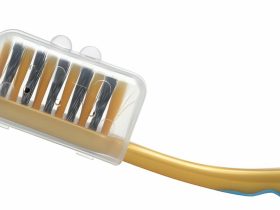
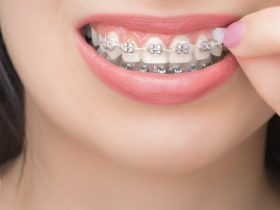
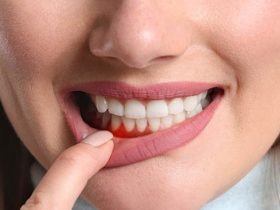
Leave a Reply